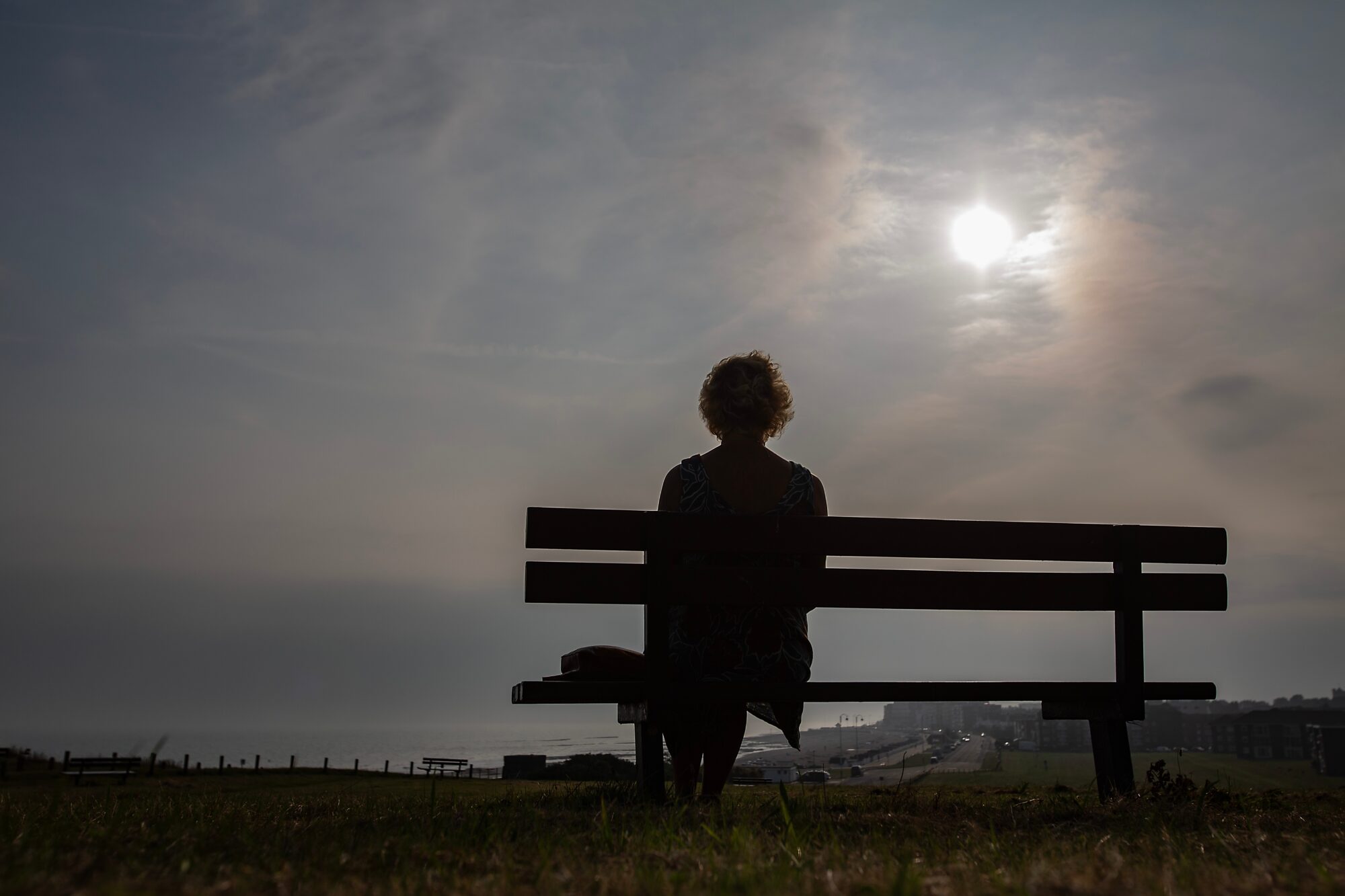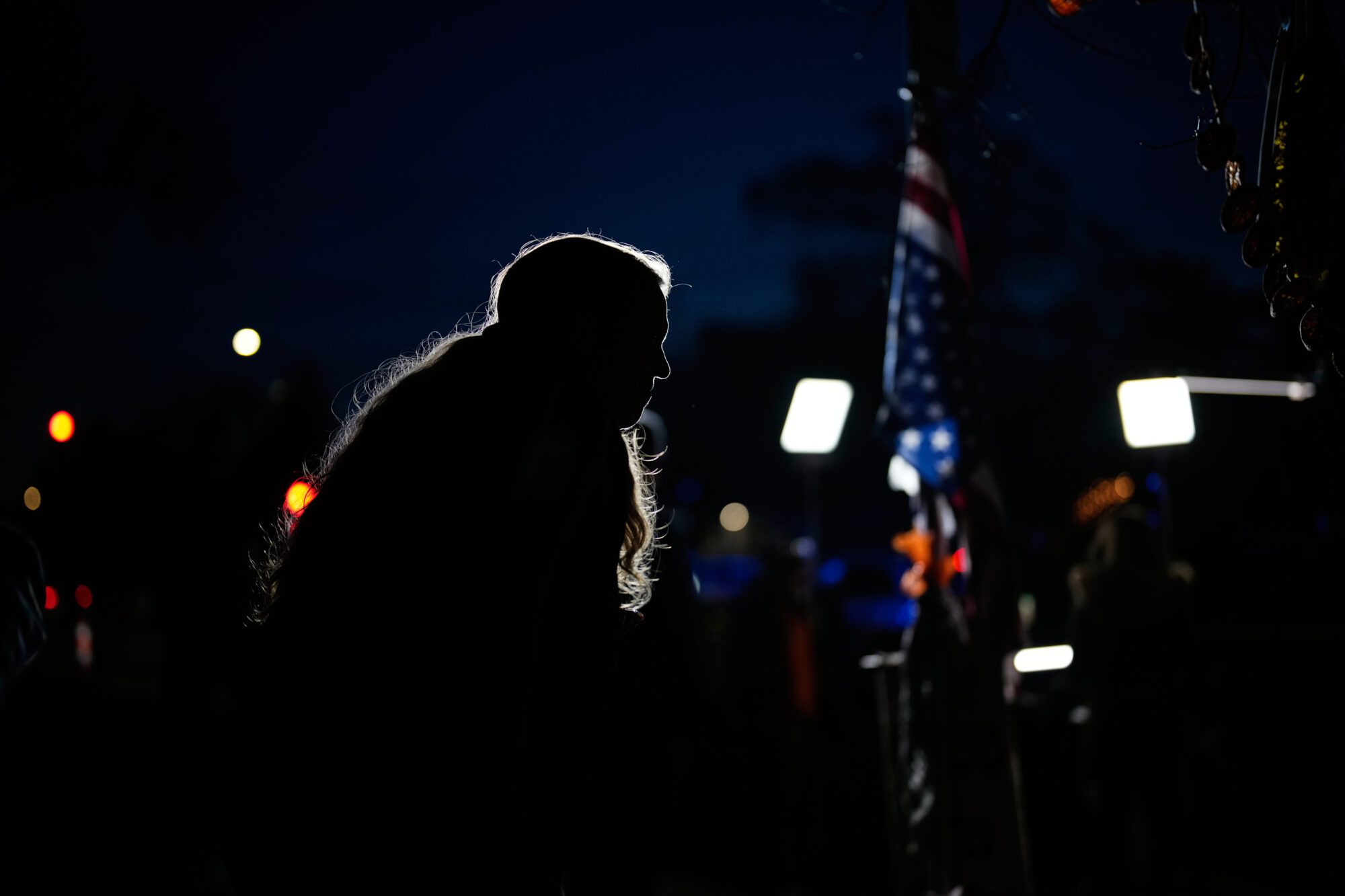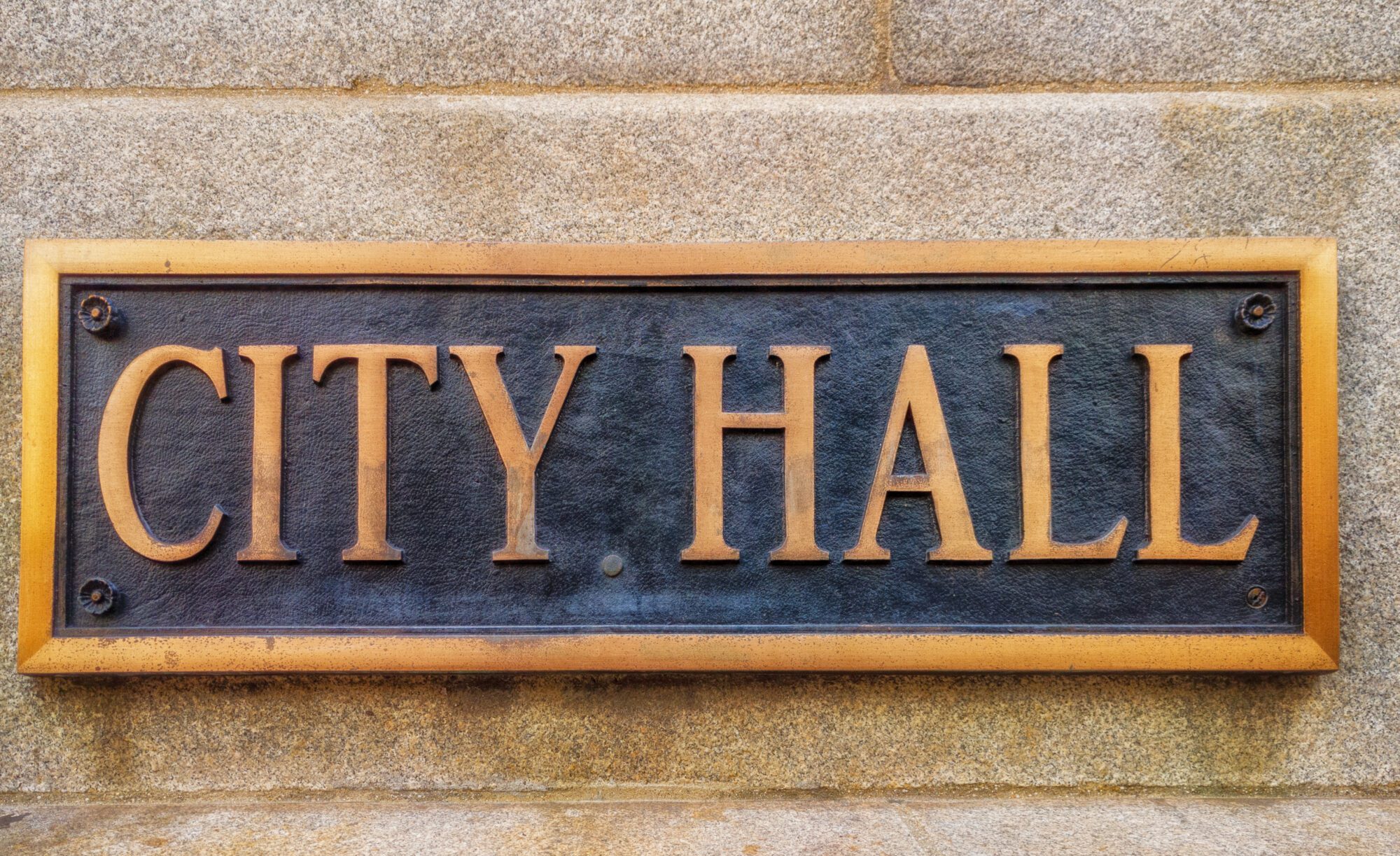
(Photo from Shutterstock)
- Fixing the trend seems next to impossible. But given how damaging it is to society as a whole, there must be at least some sort of collective effort in the same direction.
In the spring of 2023, then-U.S. Surgeon General, Vivek Murthy, published an 82-page document entitled Our Epidemic of Loneliness and Isolation: The U.S. Surgeon General’s Advisory on Healing Effects of Social Connection and Community. The document covered everything from basic definitions, adverse health outcomes associated with loneliness, and ways to make improvements, among other things. Recognizing this epidemic is certainly useful. But the government is ill-equipped to tackle it. What’s more, it’s not the government’s role to assuage individual feelings of isolation.
Still, an official acknowledgment does no harm. It is a discussion worth having. Americans are indeed more lonely than ever. Fixing that trend seems next to impossible. But given how damaging it is to society as a whole, there must be at least some sort of collective effort in the same direction.
The idea of loneliness as a feature of this modern era doesn’t seem to apply if one only takes a cursory glance around. After all, we’re more well-connected than ever before. If loneliness is a product of a lack of connection, the ubiquitous internet access goes a long way to cure that, right? No. All too often, the internet is a much-loved distraction and a placeholder for real-life connections. It takes less effort and costs much less personally to engage with human beings on the other side of a screen. It also feels much more substantial than it is.
In January, Pew Research released survey findings on loneliness and emotional support: “About one-in-six Americans (16%) say they feel lonely or isolated from those around them all or most of the time – including roughly equal shares of men and women. About four-in-ten adults (38%) say they sometimes feel lonely, and 47% say they hardly ever or never do.” Certainly the most striking data set relates to how loneliness differs by age group: “Adults younger than 50 are much more likely than those ages 50 and older to say they often feel lonely (22% vs. 9%). Across age groups, adults 65 and older are the most likely to say they hardly ever or never feel this way (66%).” If anything, those statistics point to the internet causing more loneliness than actually helping to reduce it. And younger Americans are plugged into social media in ways the older generation simply is not.
A study published by Harvard University last October shows that a majority of people, 73% of those surveyed, believe technological dependance is the main culprit in this trend of loneliness. Other causes include the following: “families not spending enough time together (66%) and people working too much or being too busy or exhausted (62%). About 60% of adults also blamed mental health challenges, excessive individualism, and people lacking relationship skills.”
The idea of “excessive individualism” as one of the causes of loneliness may not be apparent at first. But we do live in a society that prizes individualism, and sometimes, or perhaps often, it’s at the expense of community. Individualism frequently manifests itself in discernible lifestyle choices. It also shows up in what feels like America’s favorite modern religion: politics. The divisiveness of the modern political era is further exacerbated by the internet. It’s not as though previous generations were free of conflict, political and otherwise. But the internet has not only increased division but has made it so omnipresent that it influences friendships, family relationships, workplace interactions, and the like. On social media, we can instantly see how our neighbors, family, and friends feel about a particular topic or cause. A quick read of someone’s online post can plant a seed of enmity before any real-life interaction has taken place. This widens the divide between family, friends, and even acquaintances. Are we better off as individuals and as a society knowing what everyone thinks about a trending topic or person? The answer is a resounding no.
This may be a realization that hits every adult as they grow older, but I really do think things were better in the time before the internet age. Life moved slower then. This is not a bad thing. We were forced to be much more present than we are now. We were not tethered to a device that connects us to everything all at once. The constant stimulation the internet affords us leaves a gaping hole when we step away from it. And apparently, our dependence on technology makes it more difficult for us to fill that void that’s left.
The epidemic of loneliness is not just one thing. It’s a complex problem that affects many to varying degrees. It looks like different things to different people. The way to combat said loneliness will never be through governmental intervention. It will never improve if more money is thrown at it. The problem requires both self-diagnosis and personal change. It’s not so much about what others do to us but how we choose to interact in both virtual and real-life settings. It requires active participation. And it is much easier said than done.










